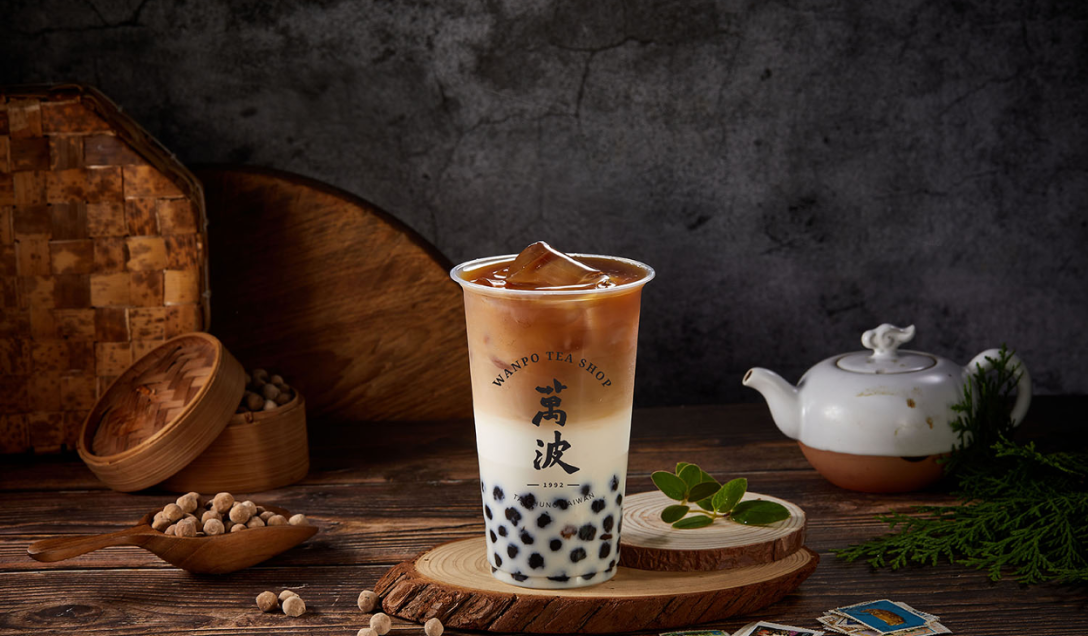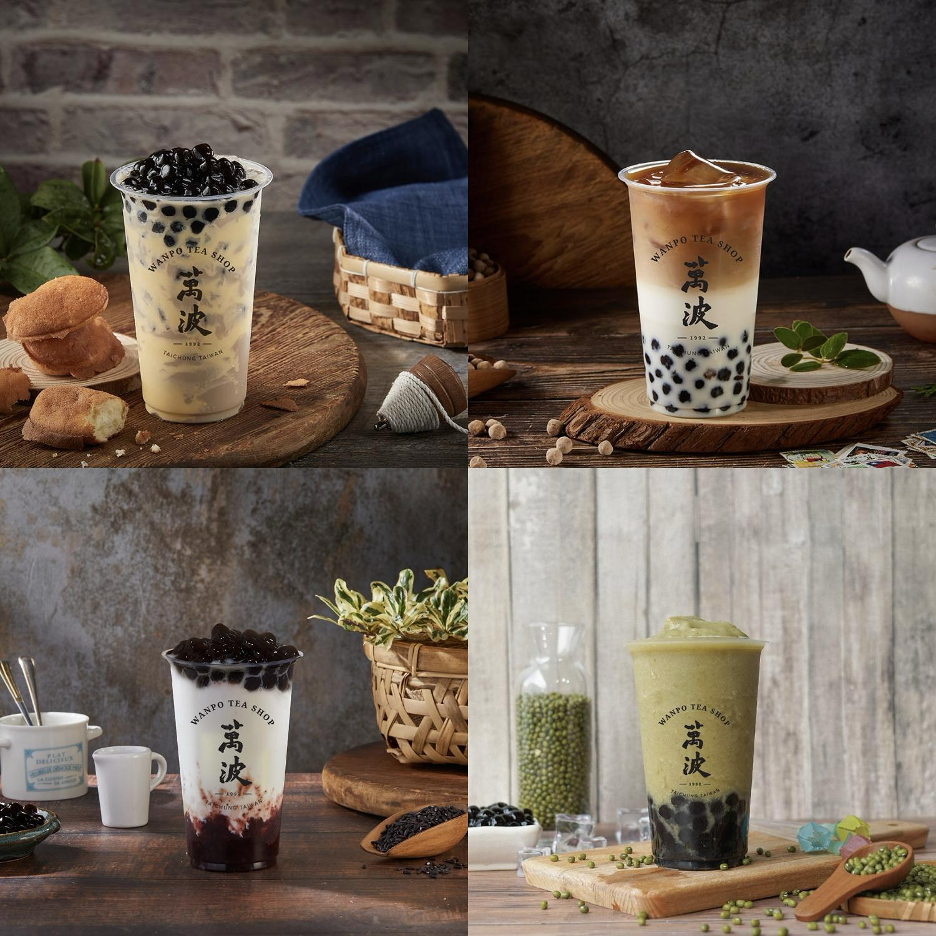
Average Bubble Tea Price: How Much Does Bubble Tea Cost?
Average Bubble Tea Price: What to Expect
Bubble tea—also called boba—started as a street drink in Taiwan. Now it’s in nearly every city, from small family shops to global chains. With so many options, one question comes up again and again: how much does a cup actually cost? The answer changes depending on where you live, what you order, and how fancy you go with add-ons.
The Usual Price Range
Here’s the market price of bubble tea in different parts of the world:
-
United States: Most cups fall between $4.50 and $7. In cities like New York or Los Angeles, it isn’t unusual to see $8 or more, especially for premium or limited-edition flavors.
-
United Kingdom and Europe: Drinks usually cost around £4–£5 or €4–€6. Trendier cafés sometimes charge a little extra.
-
Asia (outside Taiwan): In places such as Singapore, Japan, or Hong Kong, the going rate is closer to $3.50–$5 USD equivalent.
-
Taiwan: Since it’s the home of boba, prices stay lower, around $2–$3 per drink.
Why Prices Keep Climbing
Prices have gone up everywhere compared to a few years ago. Inflation is a factor. So are higher ingredient costs and expensive shipping. Plant-based milk options, like oat or almond, often add an extra 50 cents to a dollar. Even eco-friendly cups and straws can raise the price.
If you’re wondering, today’s boba costs 15–30% more than it did five years ago.
What Factors Affect the Price of Boba?

While a cup of boba might look like a simple treat, there’s a lot that goes into determining how much you end up paying at the counter.
-
Tea Base and Ingredients
The foundation of any good bubble tea is, of course, the tea itself. Premium loose-leaf teas imported from places like Taiwan or Japan are pricier than your standard blends, but they deliver that smooth, high-quality taste that keeps people coming back.
Then there’s the milk. Traditional dairy tends to be easier on the wallet, while non-dairy options like oat, almond, or soy usually add to the cost. Sweeteners also play a role. Whether it’s cane sugar, honey, or sugar substitutes, each option comes with its own price tag.
-
Toppings and Customisation
Classic tapioca pearls are just the start. Many shops offer a smorgasbord of extras like grass jelly, pudding, popping boba, cheese foam, or even agar pearls. Every topping you add usually bumps up the total by $0.50 to $1.00. A fully loaded drink can cost $2 more than a plain milk tea.
-
Cup Size and Drink Type
Size matters, too. Most places give you the choice between regular and large sizes, with larger cups typically costing an extra $0.50 to $1.00. And if you’re after something a bit fancy, like a fruit tea loaded with fresh fruit or a decadent brown sugar boba latte, expect to pay a bit more. These specialty drinks often involve premium ingredients and extra preparation, which all adds up.
-
Geographic Location
Where you buy your boba can make a big difference. In bustling urban hubs where rent and wages are higher, you’ll often see steeper prices compared to suburban spots. Even within the same city, location impacts pricing. Shops in city centers or trendy areas are likely to charge more.
-
Operational Costs
From staff wages to utilities, equipment, and even franchise fees, these expenses all factor into the price you pay. If the shop’s in a busy mall or a prime CBD location, those overheads are higher, and those costs trickle down to the menu.
-
Packaging and Materials
Nowadays, sustainability’s a big deal, and that’s reflected in the packaging. Eco-friendly options like biodegradable cups and paper straws cost more than plastic, and those costs are passed along. Add in fancy branding or design-heavy packaging, and you’ve got another reason prices might tick up.
Why Boba Is Worth the Price
Some people look at a $6 cup of bubble tea and ask if it’s overpriced. But there are reasons why many happily pay.
-
Quality and Craftsmanship: Tapioca pearls are made fresh daily, cheese foam is hand-whipped, and teas are carefully brewed.
-
Brand Identity: Well-known chains like Wanpo Tea offer consistent flavors and reliability.
-
Lifestyle and Culture: Bubble tea is more than a drink. It’s a social and cultural activity.
-
Comparison to Other Drinks: A latte, smoothie, or pressed juice often costs the same as premium boba.
So while prices have gone up, bubble tea still delivers both value and cultural enjoyment.
The Impact of Sustainability and Health Trends on Boba Prices
The cost of boba also reflects changing consumer habits.
-
Plant-Based Alternatives: Demand for oat, almond, and soy milk means shops must stock multiple milk types, each with a different cost. Plant-based options usually carry a small surcharge.
-
Eco-Friendly Packaging: Many shops have moved to biodegradable cups, bamboo straws, or compostable lids. Customers expect these sustainable measures, even if they slightly raise prices.
-
Health-Conscious Options: Lower sugar levels, organic ingredients, and add-ons like chia seeds or collagen make bubble tea more customizable—but also more expensive.
Consumers are generally willing to pay a bit extra when these choices align with their values, which keeps pushing the average price upward.
FAQ: Common Questions About Boba Pricing
-
What is the average cost of boba in the US?
Most bubble tea shops charge $4.50 to $7.00, depending on location, drink type, and toppings.
-
Why is boba more expensive now?
Inflation, supply chain issues, higher rent, and demand for specialty ingredients like oat milk all contribute to higher prices.
-
Is boba tea overpriced?
Not necessarily. When compared to coffee, smoothies, or specialty juices, bubble tea is in the same price range. The value comes from both taste and cultural experience.
-
How much does it cost to start a boba shop?
Startup costs vary widely but typically range from $150,000 to $500,000, depending on location, size, and whether you join a franchise.
So, how much does boba cost? The short answer: anywhere from $3 to $8, depending on where you buy it and how you customize it. While prices have risen in recent years, bubble tea remains a treat that blends flavor, culture, and social connection. For entrepreneurs, the growing demand means opportunity.
Thinking About Starting Your Own Boba Shop? Partner with us to start your business → Franchise Page
For Consumers: Find a store near you and explore our drinks → Store List | Menu